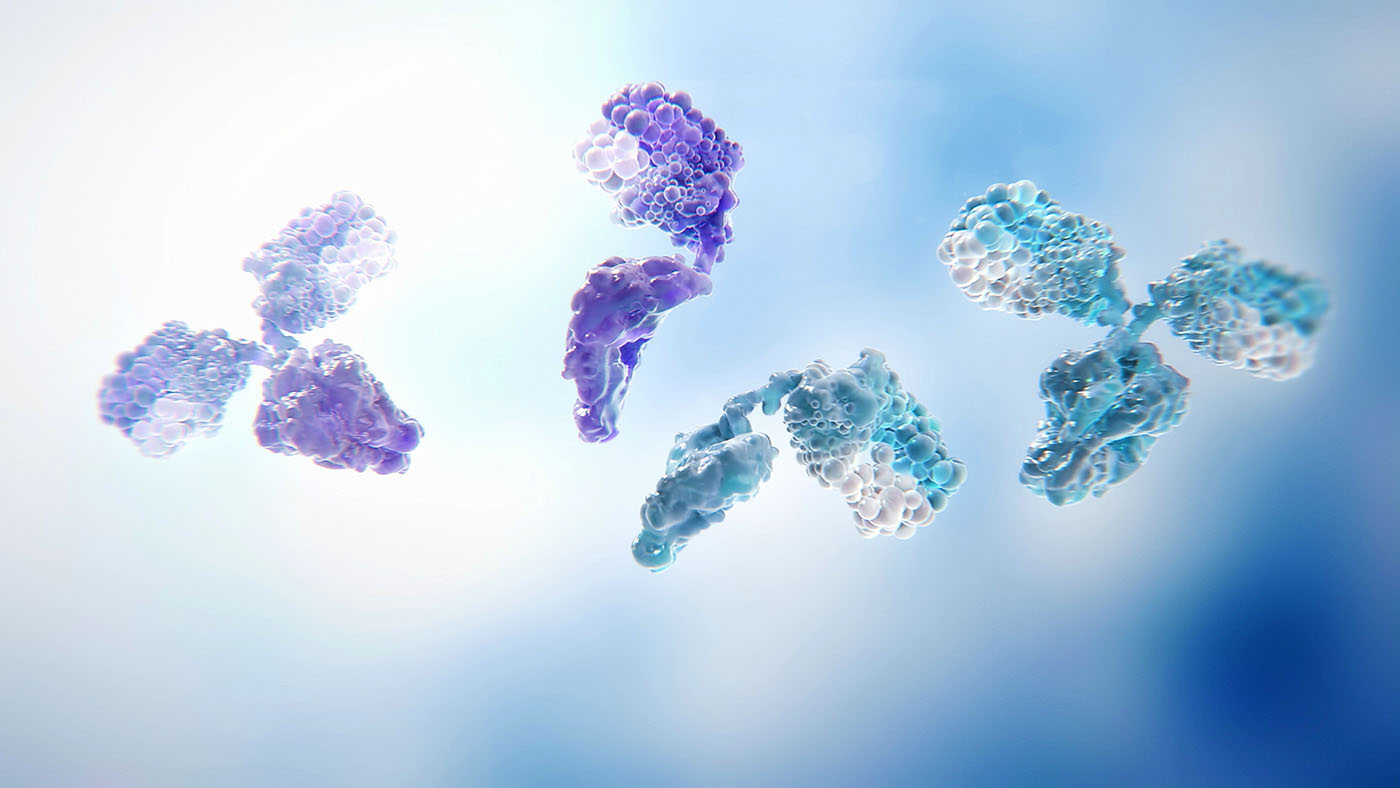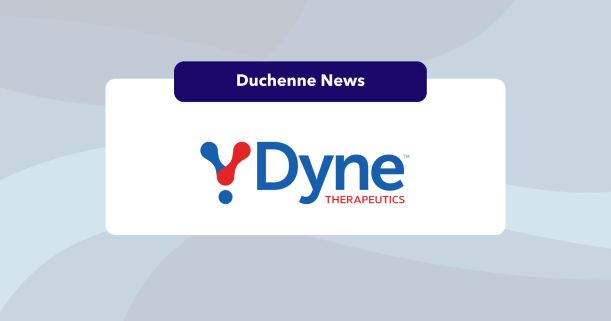Recent advancements in antibody technologies are significantly enhancing the potential applications of cancer therapies. Since the FDA’s approval of the first monoclonal antibody in 1986, the landscape of antibody-based treatments has evolved, incorporating immune checkpoint inhibitors, antibody-drug conjugates (ADCs), and bispecific antibodies. These innovations are crucial in addressing the complexities of cancer treatment, particularly in targeting various malignancies effectively.
Regeneron’s recent Phase III C-POST trial results for Libtayo, a PD-1 inhibitor, demonstrated a remarkable 68% reduction in the risk of disease recurrence in high-risk cutaneous squamous cell carcinoma patients. This underscores the therapeutic potential of antibodies in enhancing immune responses against cancer. As the industry embraces bispecific antibodies, which can engage multiple targets simultaneously, the therapeutic window for cancer treatments is expanding, promising more effective and tailored approaches.
Moreover, the integration of artificial intelligence in antibody design is paving the way for more precise targeting of cancer cells while minimizing damage to healthy tissues. Companies like Abalone Bio and Jura Bio are leveraging innovative platforms to enhance the specificity and efficacy of antibody therapies, potentially revolutionizing the oncology landscape. As these technologies continue to develop, the implications for drug discovery and patient outcomes in cancer treatment are profound, heralding a new era of precision medicine.
Start your 7-day trial and see what the database can do →



